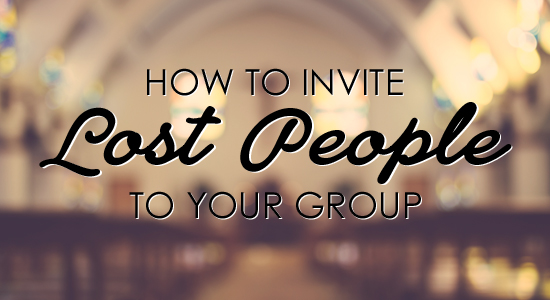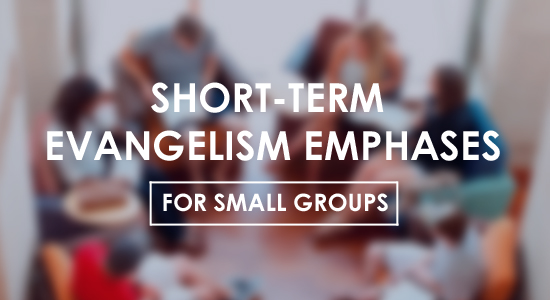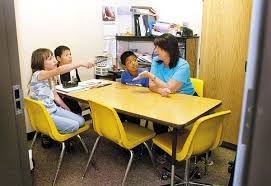A pastor correctly said, “Lost people matter to God. They should also matter to us.” In Luke 19:10, Jesus states, “For the Son of Man has come to seek and save the lost.” Inviting lost people to our group is a natural progression in our relationship with Christ. The closer we relate and imitate Jesus, the more compassion we will have for people who do not yet know Him as their Savior and Lord.
Inviting a lost friend or acquaintance to our small group can sometimes be an unsettling experience. All sorts of questions come to mind:
- What if my friend doesn’t like my group?
- Or even worse – what if my group doesn’t like my friend!
- What if our group leader says something that might hurt my friend’s feelings?
I want to encourage you not to worry about the “what ifs” of inviting someone to your group. The chances are your friend already knows that you belong to a small group. In fact, they may be wondering why you haven’t invited them to come with you to your group!
Here are a few simple suggestions that may help…
- Be intentional. Sorry, but inviting someone to your small group is not going to accidentally slip into the conversation. I enjoy fishing and hunting, but inviting someone to go hunting with me has never happened by accident. It is always intentional.
- Be cordial. “Hey Larry, you know I have been intending to do this but sometimes it slips my mind. I would love for you to be my guest at our small group this Sunday if you don’t already have something planned.”
- Be prepared. Your group should be ready for guests. Get in the habit of wearing nametags. Sit in a circle. Have extra Bibles available for guests. Never call on a guest to read, pray, or answer a question.
The simplest things can go a long way to easing any discomfort you might have about inviting a friend to your group. But one thing is certain…
They will not come if we do not ask.
_____________________________
Bob Mayfield is the Sunday School/Discipleship specialist at the Baptist General Convention of Oklahoma. Bob also has his own blog at bobmayfield.com.
Follow Bob on Twitter at @bobmayfield and on Facebook at facebook.com/thebobmayfield




